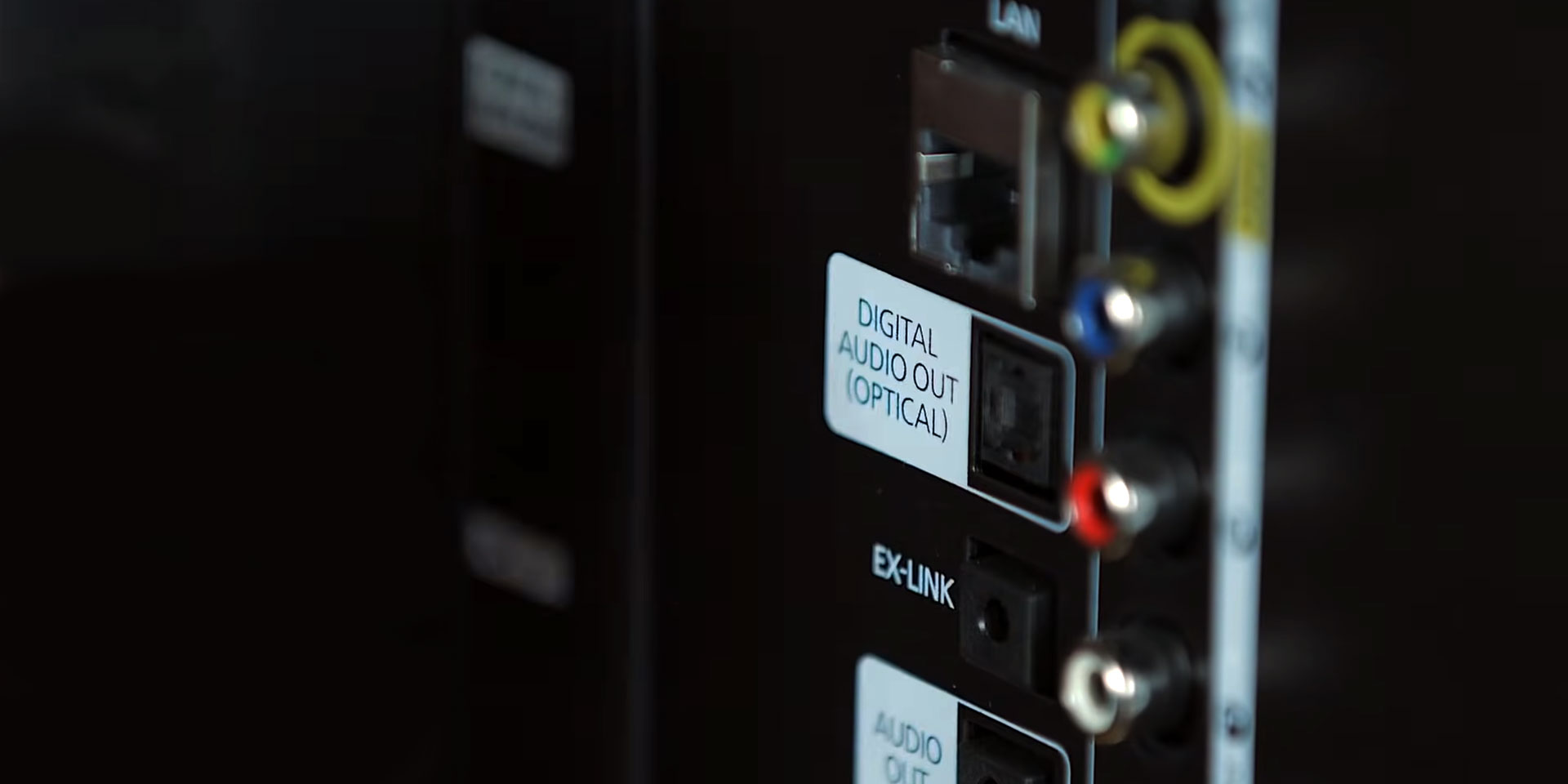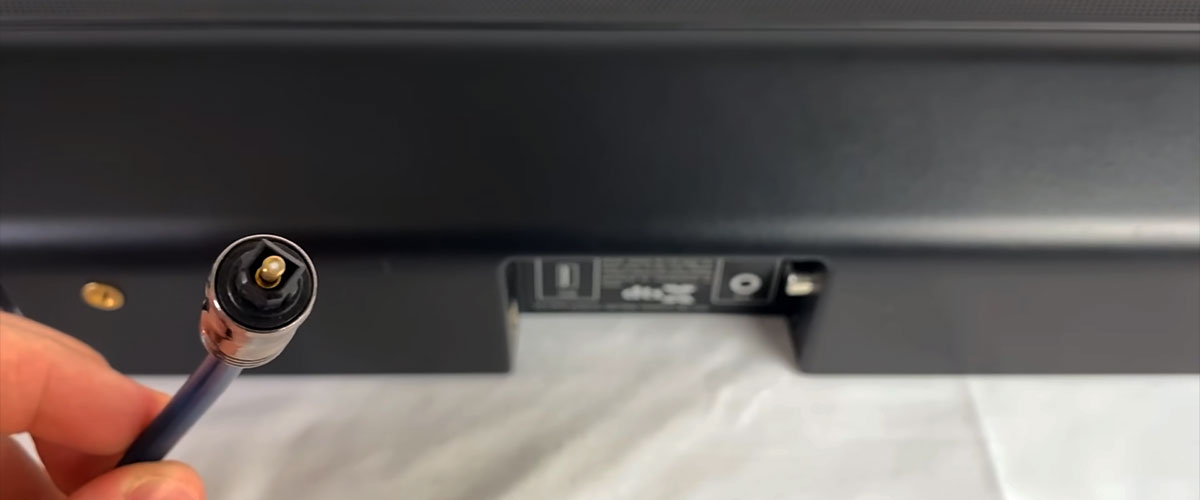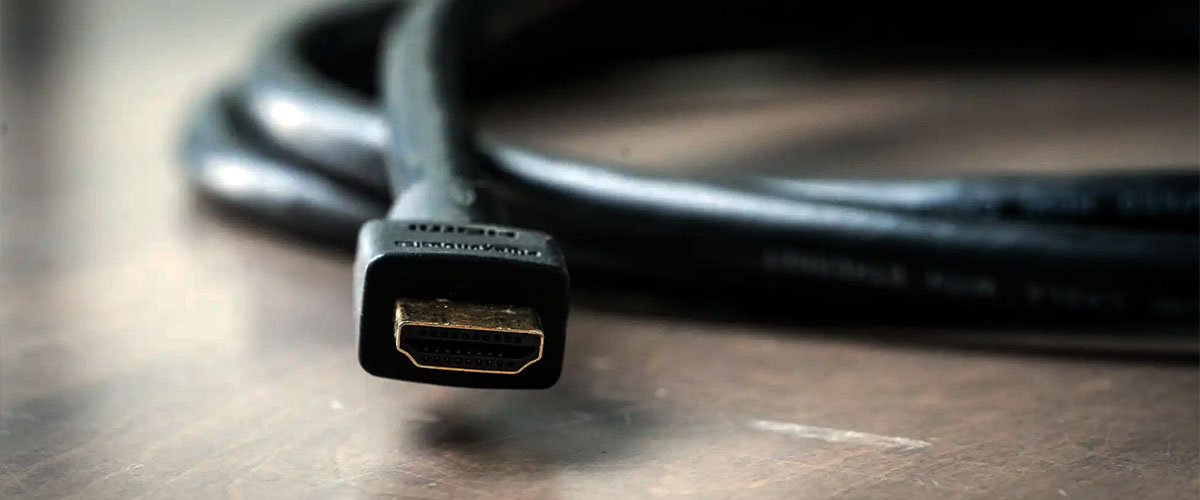
Is Sound Better Through Optical or HDMI?
There is no consensus on whether optical or HDMI cables provide better sound quality. Both types can transmit high-quality audio signals, so the ultimate decision comes to individual preference and what type of setup you have.
For example, if you have a receiver supporting Dolby Atmos, you may prefer to use HDMI cables since they can transmit this surround sound. However, if you have a simpler stereo system, optical cables may be all you need.
On the one hand, a lot of people believe that optical ones generally provide better sound quality than HDMI. However, on the other hand, some people argue that when using HDMI you have a chance to get better quality. The main reason is that HDMI offers a higher bitrate and supports lossless audio formats. As a result you can get better sound quality.
Ultimately, the best way to decide which type of cable is right for you is to experiment with what sounds best to you.

What differs optical and HDMI cables?
There are some differences in audio quality between these two types of wire. They are digital audio formats that provide excellent sound quality. Typically people use optical for home theater systems, while HDMI is commonly found on televisions and other display devices. HDMI can carry both audio and video signals, while optical can only carry audio. It makes HDMI a more versatile option for connecting devices to a TV or other display.
Besides, optical cables are made of glass or plastic and are used to transmit data in the form of light. So it means that they can carry a lot more data than HDMI cables.
They are often used to connect digital audio devices, such as receivers. HDMI cables are made of copper and are used to transmit data in the form of electrical signals. They are often used to connect HDTVs, Blu-Ray players, and other digital audio/video devices to receivers.

What else influences the sound quality of optical or HDMI cables?
As for sound quality of an optical or HDMI cable, it may also be influenced by the type of digital-to-analog converter (DAC) used. A DAC is a device that converts digital data into an analog signal. Some DACs are better than others at producing a high-quality sound, so using a high-quality DAC can improve the sound quality of an optical or HDMI cable.
Additionally, the length of the optical or HDMI cable can also affect sound quality. Longer cables may experience a signal loss, which can degrade the sound quality. Using a shorter cable or a cable with a lower gauge (thicker) can help minimize signal loss and improve sound quality.
Finally, the quality of the connectors on an optical or HDMI cable can also influence sound quality. Better-quality connectors will provide a better connection and minimize signal loss.
Can I improve the sound quality of optical or HDMI cables?
There are a few ways that you can improve the sound quality of your optical or HDMI cable:
- Make sure that the connection between the cable and the devices is secure. Loose connections can cause signal degradation.
- A good idea is usage of higher quality cables. Such kinds of cables are available in different grades, usually with higher quality cables providing better sound quality.
- Use a cable with lower attenuation. Attenuation is the loss of signal strength over distance. A cable with lower attenuation will provide better sound quality than a cable with higher attenuation.
- It’s also better to use a cable with lower jitter. Jitter is a variation in the timing of the signal and can cause sound degradation. A cable with lower jitter will provide better sound quality.
- A cable with higher bandwidth is also a better option. Bandwidth is the range of frequencies that the cable can carry. A cable with higher bandwidth will be able to carry more information, resulting in better sound quality.
By following these tips, you can improve your optical or HDMI cable’s sound quality and enjoy better audio from your home theater system.
